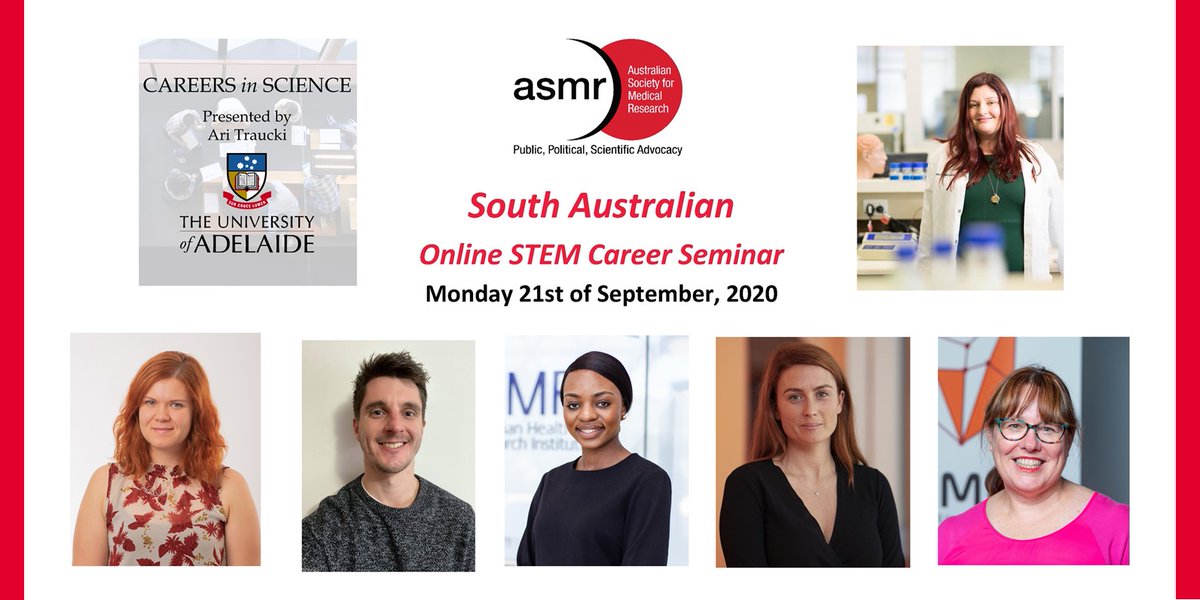Meet Prof Vera Ignjatovic @IgnitingScience, the medical researcher - and former olympian - from @MCRI_for_kids that is changing the face of pediatric blood disorder research.
A thread 👇
@AcademicChatter #haematology #thrombosis #thrombolysis #medicalresearch #olympian
A thread 👇
@AcademicChatter #haematology #thrombosis #thrombolysis #medicalresearch #olympian

Blood clots are useful – they help us stop bleeding when we have an injury. However, the formation of blood clots within our blood stream (thrombosis) can have disastrous consequences – including death.
Children in hospital are much more likely to have thrombosis occur than healthy children. Childhood thrombosis has been described as the “new epidemic” in hospitals; venous thromboses in children = a 3% mortality rate, & survivors may experience long-term side effects.
Considering that children have long lives ahead of them, there is an enormous social and economic cost of thrombosis in our community.
Vera’s research focuses on understanding the blood clotting system of children and how it is different from adults.
Vera’s research focuses on understanding the blood clotting system of children and how it is different from adults.
Her team has found that many of the proteins involved in the balance of blood clotting vary in babies in children, compared to adults – even the structure of a blood clot has differences.
This research is critically important because the anti-thrombotic drugs that exist are initially designed for adults. The work of Vera’s research team ultimately establishes if and how they may work in children.
“By understanding and establishing paediatric specific norms for blood tests, my research provides the basis for accurate diagnosis of bleeding and clotting phenotypes in children.”
Vera’s research team leads the world in this area of research, and some of their findings have changed clinical practice both nationally and internationally.
“Our research is only possible due to a wonderful team of researchers that are a part of my team, as well as significant contributions from national and international collaborators.”
Vera's love of research is encompassed by the following quote from inventor Nikola Tesla: "The history of science shows that theories are perishable. With every new truth that is revealed, we get a better understanding of nature and our conceptions and views are modified."
Her job is based on revealing truths to improve current clinical practice and improve the outcomes for children who are unwell.
Before Vera started her career as a medical researcher, she was an elite athlete and represented Australia at the 2000 Olympic games in Sydney. “I was a goalkeeper in the Australian Handball Team and got to walk out into the Olympic stadium at the opening ceremony.” 

The opening ceremony captured the attention of hundreds of millions of people around the world on TV.
Living with the motto of "everything should be tried once," Vera has also obtained a skydiving license.
#researcher #meettheresearcher #olympian #blood #thrombosis #haemostasis
Living with the motto of "everything should be tried once," Vera has also obtained a skydiving license.
#researcher #meettheresearcher #olympian #blood #thrombosis #haemostasis

• • •
Missing some Tweet in this thread? You can try to
force a refresh














